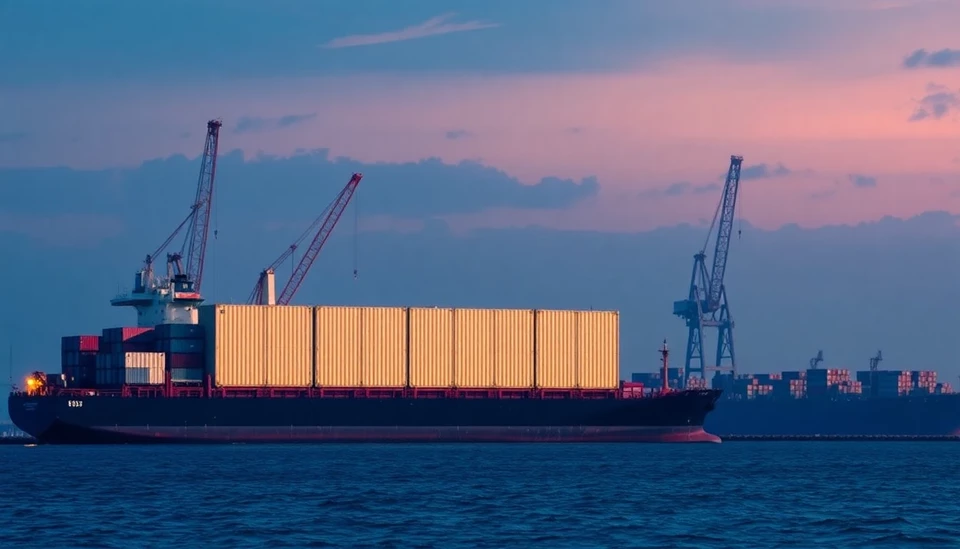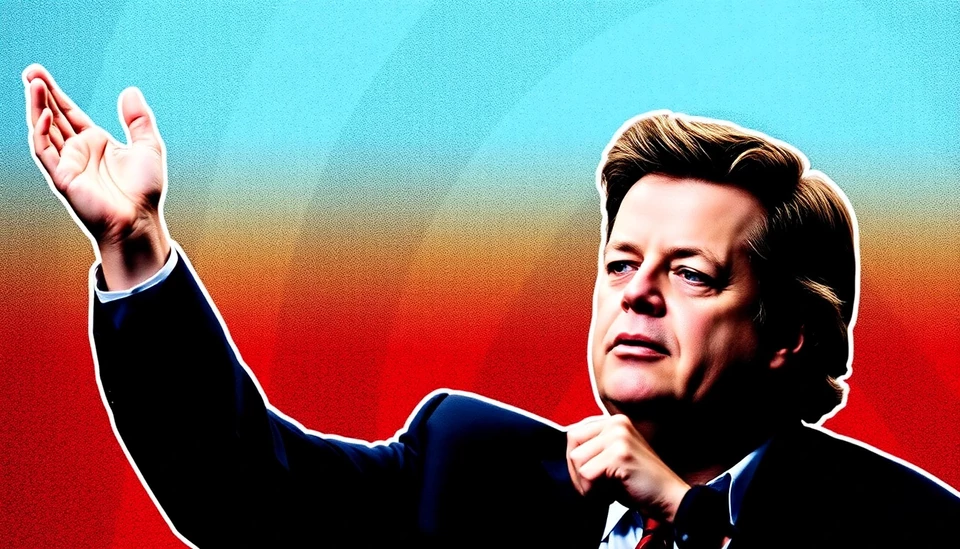
In the evolving landscape of international trade, a significant shift is brewing, one that could redefine how nations engage economically. Forget about tariffs; the focus is now on capital controls as a potential game changer in the realm of trade policy. This change is being propelled by the risks associated with former President Trump's influence on the economy and international relations.
For years, tariffs have been the weapon of choice for governments aiming to protect domestic industries from foreign competition. However, experts suggest that capital controls – measures that regulate the flow of money across borders – are emerging as a more effective and strategic tool. Unlike tariffs, which are often blunt instruments causing widespread repercussions, capital controls can be more targeted, allowing governments to manage specific economic risks and protect their financial systems.
The renewed interest in capital controls comes amid increasing geopolitical tensions and market volatility. As nations grapple with the consequences of shifting trade alliances and ongoing economic uncertainties, these financial regulations are gaining traction. Analysts argue that with Trump’s potential return to power, the unpredictable nature of his policies could exacerbate financial instability, prompting countries to adopt precautionary measures to safeguard their economies.
Historically, capital controls have been viewed with skepticism, often associated with restrictive economic policies from authoritarian regimes. However, the current global climate has led to a reevaluation of their utility. Countries such as China have successfully implemented capital controls to steer foreign investments and stabilize their currency, while other nations are considering similar strategies to mitigate risks associated with transnational capital flows.
The economic implications of adopting capital controls could be far-reaching. While they may provide short-term protection for domestic markets, critics warn that these measures could also lead to increased isolationism and hinder economic growth in the long term. As nations potentially turn inward, the global economy might suffer from reduced investment flows and diminished trade relationships.
Moreover, the implications of such policies are complicated by the interconnectedness of the modern financial system. Markets thrive on liquidity, and imposing controls could lead to capital flight and destabilization, which might provoke retaliatory measures from other nations. This could create a tit-for-tat dynamic reminiscent of the tariff wars seen during Trump’s presidency.
As we watch this developing story unfold, the future of trade policy may hinge not just on tariffs but also on the strategic use of capital controls. Nations are compelled to find a balance between protecting their economies and maintaining international relationships, a delicate act made more complex by political uncertainties. The next few years could reveal whether capital controls will become a staple of economic policy, reshaping the fabric of global trade.
In a world where economic stability is increasingly threatened by political variables, businesses and investors must stay vigilant. The shift towards capital controls could signal a new chapter in the economic playbook, one that might define the future of trade as we know it.
As nations navigate these tumultuous waters, it would be wise to keep an eye on the shifting dynamics of trade policy and the emerging role of capital controls on the global stage.
#CapitalControls #TradePolicy #GlobalEconomy #TrumpRisks #InternationalTrade
Author: Laura Mitchell

